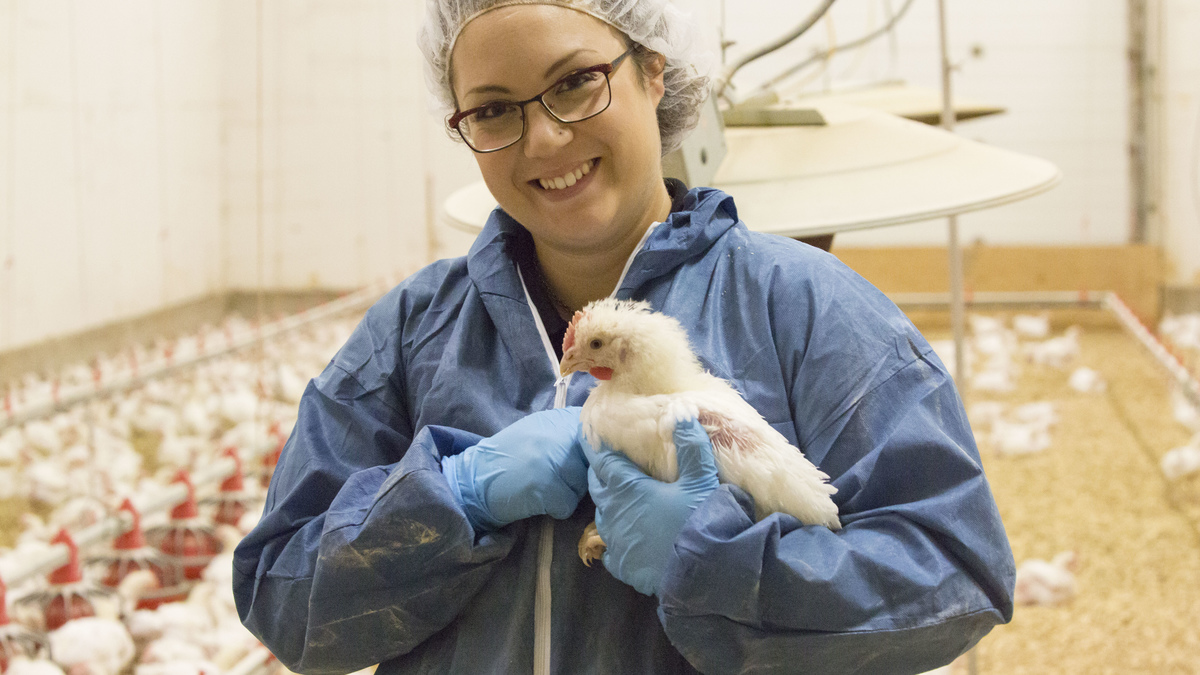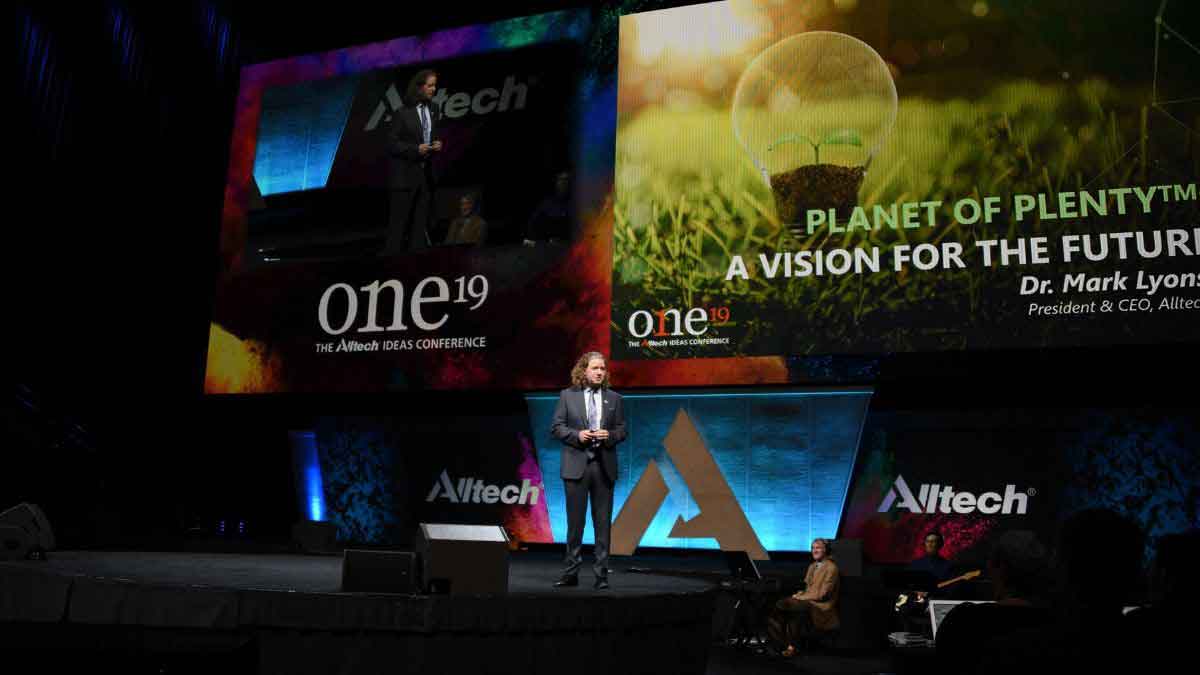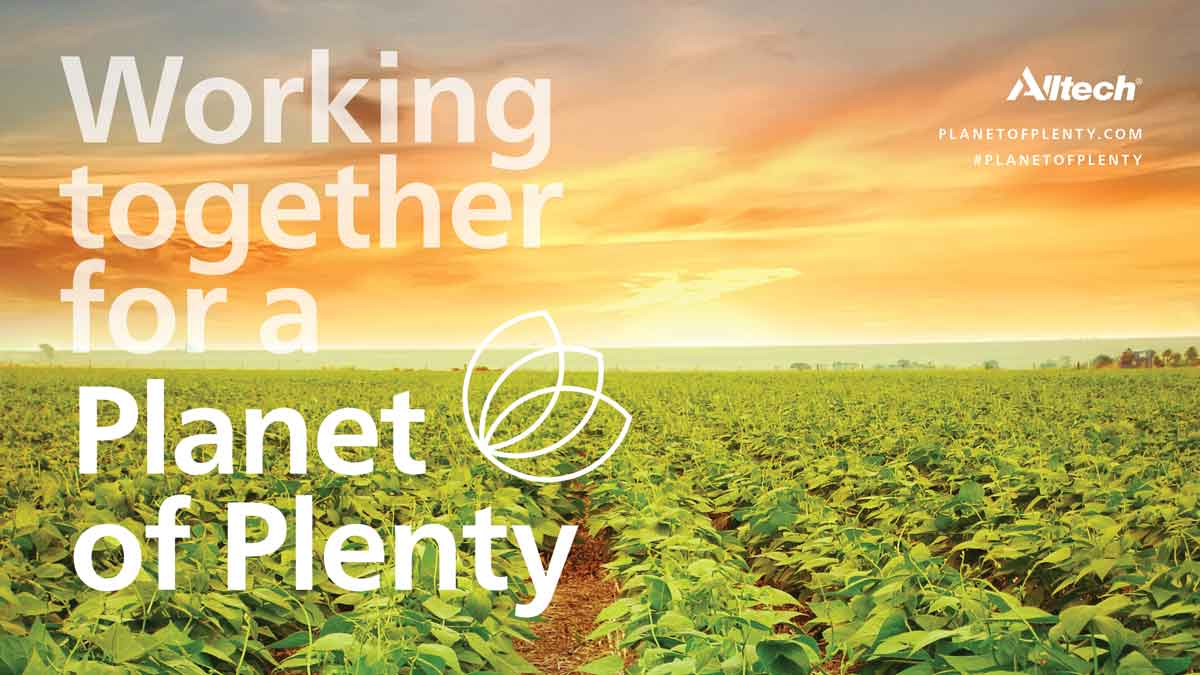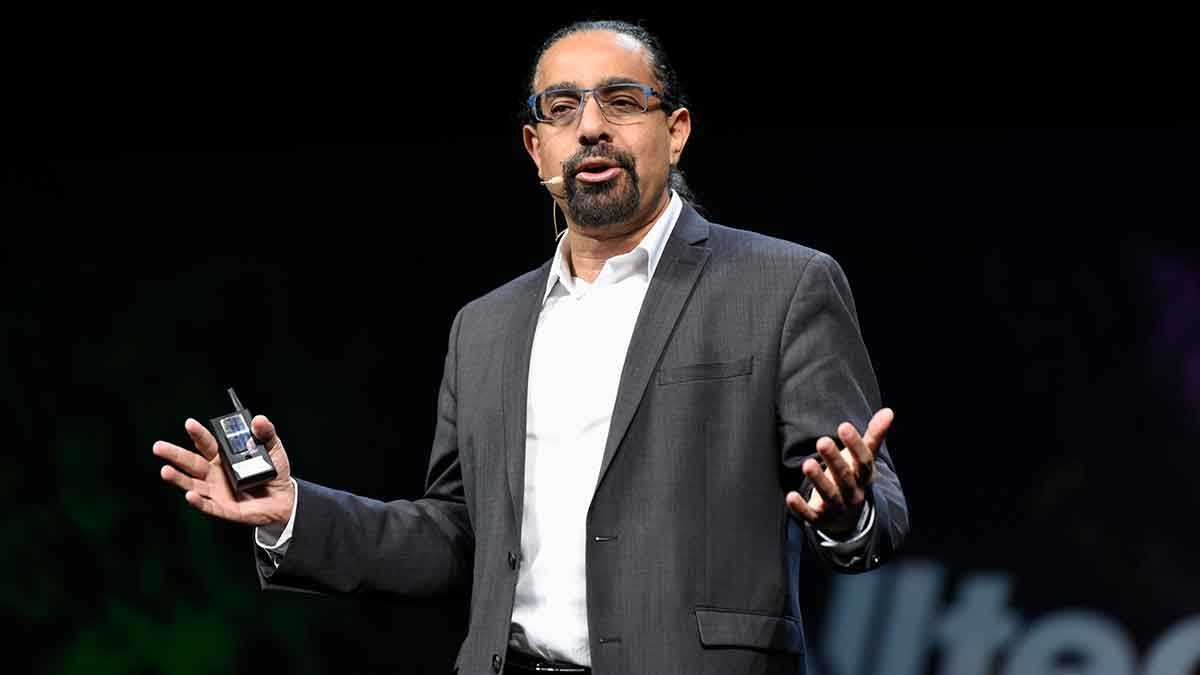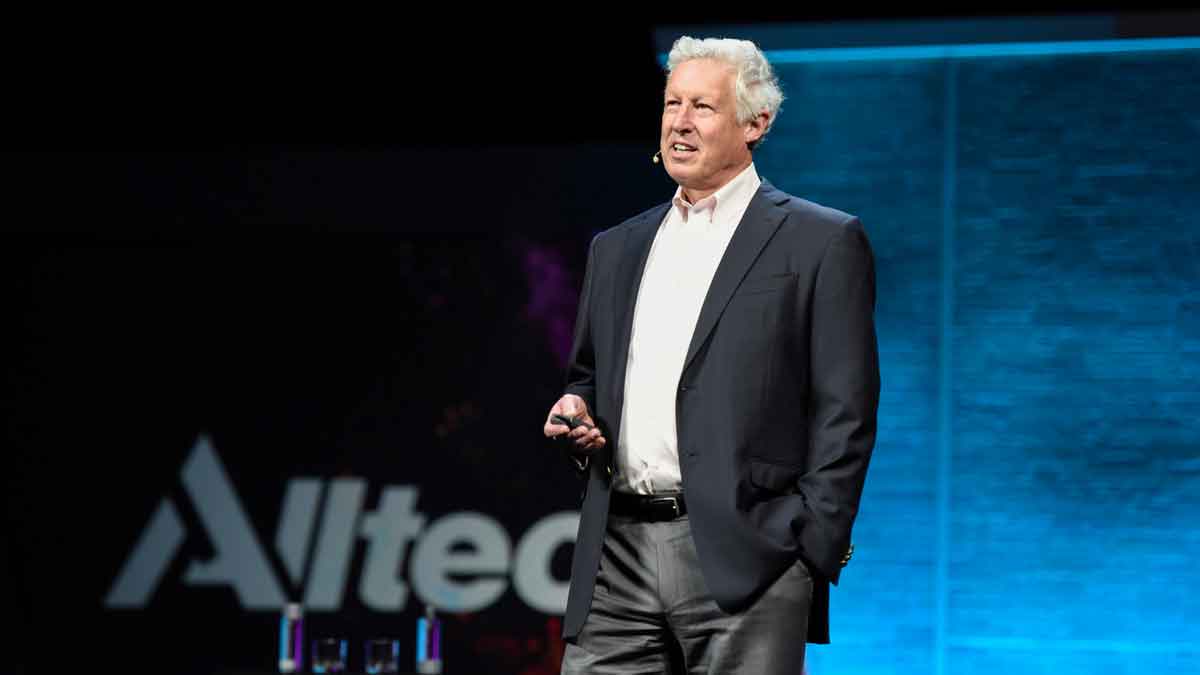Tests of varying scientific nature and credibility are widely alleged to have the ability to differentiate between good and bad organic trace minerals (OTMs). The basic parameters that can be analyzed include mineral percentage, nitrogen-to-mineral ratio, percent of bound mineral, molecular weight, bioavailability and stability. While some of these analyses can provide meaningful and valuable information about defined or individual products, understanding the limitations of these tests is critical if they are to be successfully applied in the assessment of OTMs.
Mineral percentage
Accurate quantification of the total mineral content of OTMs is routinely used by all manufacturers, and cost comparisons between OTMs will consider this when calculating their relative value. Total mineral content, however, gives no information regarding OTM bioavailability and, as such, is limited in terms of calculating the true relative value of a product.
Nitrogen-to-metal ratio
Calculating the molar ratio of nitrogen to metal can be a useful way to assess glycine-based chelates. When assessing more complex products, such as proteinates, the nitrogen-to-mineral ratio will not give an accurate reflection of the true potential for mineral bonding. More complex amino acids can bind metal atoms through their side chains via sulfur and oxygen atoms. As there is no involvement of nitrogen in this side chain bonding, it is possible to underestimate the potential for binding by only considering the nitrogen-to mineral ratio. The nitrogen content of various products can also be artificially inflated, giving the false impression of a product with high nitrogen-to-mineral ratio.
Solubility
It is often asserted that an OTM must be soluble to be bioavailable, but many peer-reviewed publications have shown that insoluble OTMs have the potential to be more bioavailable than their soluble counterparts. An evaluation of OTM solubility will be of little benefit unless one considers the effects of the digestive processes and the changing pH environment within the GI tract.
Molecular weight
Numerous claims have been made about comparing OTMs based on size, and these claims erroneously indicate that a smaller-sized bonding group creates a more stable and more bioavailable OTM. Correlating the molecular weight of an OTM with its stability constant indicates quite clearly that, rather than size being of critical importance in generating a stable OTM, the type of bonding group is of far greater significance.
Bioavailability
In vitro lab-based assays, which attempt to assess bioavailability, have been developed, making use of cell culture-based assay systems that can determine the transfer and uptake of minerals across cellular membranes. These techniques, however, can’t accurately reflect the influence of digestion on the OTM. As such, their value when comparing different products is limited.
Stability
When we talk about the stability of OTMs, we are referring to the bond strength that exists between the bonding group and the mineral; the greater the bond strength, the more stable the product. Polarography can be used to assess the bond strength of OTMs — but polarography is only suitable to test materials in solution and can only assess the soluble fraction of organic mineral products. OTMs are increasingly solubilised as a result of the in vivo conditions of the GI tract, so the results of the polarographic tests alone should be interpreted with caution.
Percent of bound mineral
Historically, determining the percent of bound mineral required utilizing filtration through a low-molecular-weight membrane. The mineral retained behind the filter was assumed to be bound, while the mineral in the filtrate (solution) was assumed to be unbound. Such methods, however, are subject to manipulation, as changing the pH of the buffer can cause precipitation and lead to false estimates of the true bound mineral percentage.
The only validated assays that fully quantitate the bound mineral level of an OTM utilize techniques known as ATR-FTIR (attenuated total reflectance Fourier transform infrared) and PXRD (power X-ray diffraction) and were developed by researchers at Alltech’s European Bioscience Centre.
The first assay uses a form of infrared (IR) spectroscopy to measure the bound mineral percentage, whereas the second assay uses a form of crystallography to measure the unbound mineral level. These two assays are complementary to each other, and both are peer-reviewed and published. In the case of the IR assay, this was independently validated and verified by the Central Reference Laboratory (CRL), which reports directly to the European Food Safety Authority (EFSA).
Conclusion
While simple tests based on mineral percentage, nitrogen-to-mineral ratio, molecular weight, bioavailability and stability are used by different manufacturers, these tests only provide limited information about individual products and are not suitable for comparing different classes of product. If products will continue to be compared through these tests, understanding their limitations is critical.
The only validated assays to assess mineral chelation are based on the use of techniques known as ATR-FTIR and PXRD and were developed and validated by researchers at Alltech’s European Bioscience Centre.
Click here for more information on Alltech's Mineral Management program.
References:
Byrne, L. A., Hynes, M.J., Connolly, C.D. and Murphy, R.A. (2011)
Analytical determination of apparent stability constants using a copper ion selective electrode. Journal of Inorganic Biochemistry, 105(12):1656-1661.
Byrne, L.A. (2010) Analytical assessment of peptide-metal interactions and subsequent stability. Ph.D. Thesis. Dept. of Biology, National University of Ireland, Maynooth, Ireland.
Cantwell C, Byrne L, Connolly C, Hynes MJ, McArdle P, Murphy RA. (2017)
Quantitative assessment of copper proteinates used as animal feed additives using ATR-FTIR spectroscopy and powder X-ray diffraction (PXRD) analysis. Food Addit Contam Part A Chem Anal Control Expo Risk Assess. 2017 Aug;34(8):1344-1352.
Murphy R.A. (2018) Organic Trace Minerals: Optimised Stability Enhances Bioavailability International Animal Health Journal Vol 5 (2) 28-32
Murphy, R.A. (2018) Minerals, Meals and Molecular Malnutrition: How Mineral Form Can Impact Feed Quality and Cellular Health. International Animal Health Journal Vol 5 (1) 42-46
Murphy R.A. (2015) OTM bond strength, relative stability
Feedstuffs July
Murphy, R.A. (2010) Drilling into mineral analysis – structure and stability explained. All about feed Vol 1 (4) 21-23
Murphy, R., (2009). Chelates: Clarity in the confusion. Feed international January/February 22-24.














